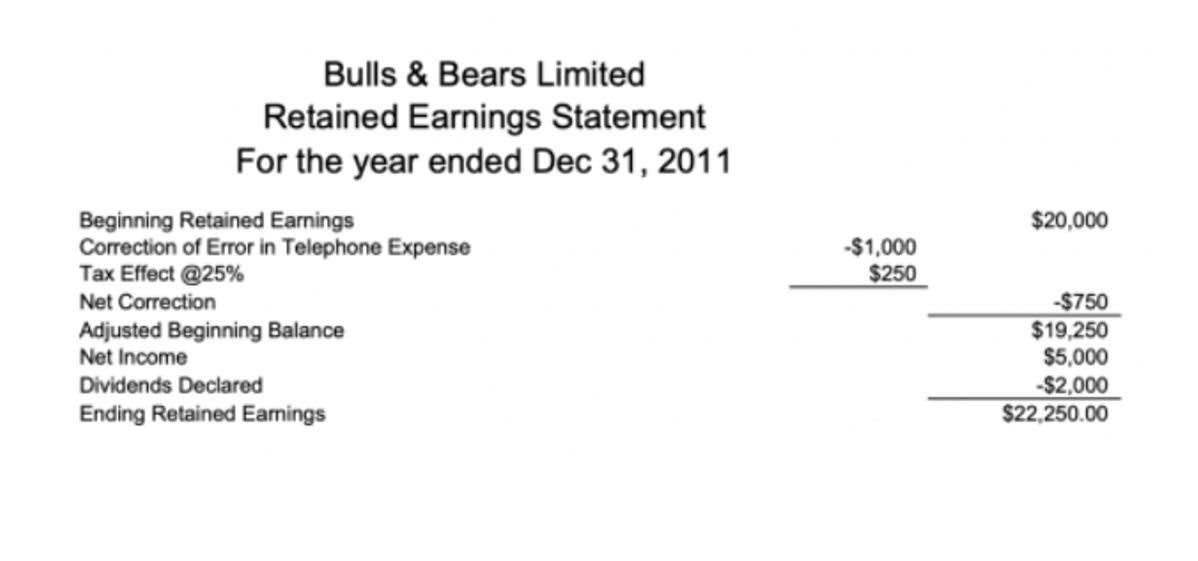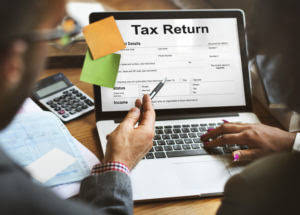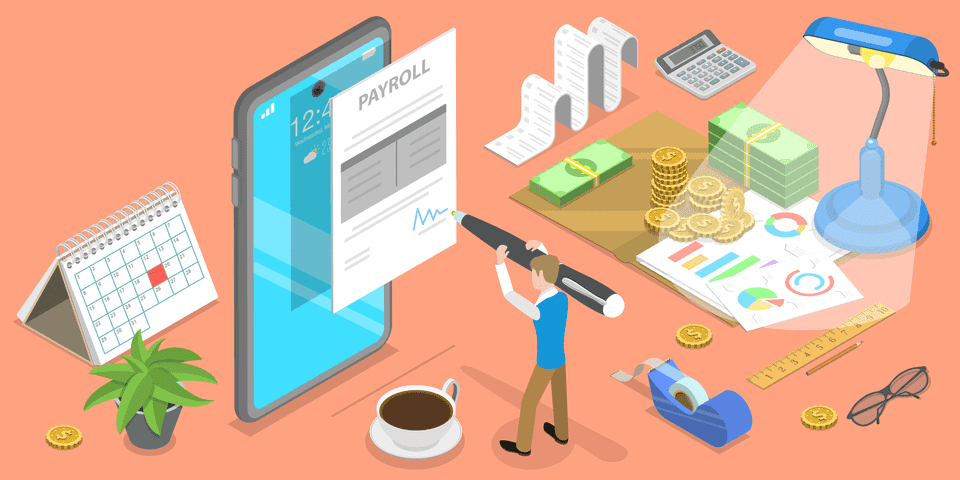
If you have started a business or are thinking about starting one, then you will need to decide on a business structure. You can choose to create a limited company, work as a sole trader or a partnership. Each business structure varies, especially when it comes to accounts and the bookkeeping. Sole trader owners are classed as self-employed, therefore they have their own set of tax rules and regulations to adhere to. As a sole trader, managing your finances and understanding your accounting responsibilities are crucial to your business’s success. Without a clear grasp of your financial situation, you risk losing control of your cash flow and may face difficulties when it comes to tax time.

Want to know how to manage your accounts while sole trader accounting you focus on your business as a sole trader? Having the right accounting software will help your sole trader business immeasurably. Keeping accounts of a business is incredibly important and it must be done right.
There’s no need to spend hours with fixed assets spreadsheets and calculations, and you can even automate certain processes to make the job simpler and less time consuming. It’s incredibly important to keep a record of all the income and expenditure of a business. This will make the process of paying and dealing with taxes much smoother. Make sure that you keep all of your receipts and invoices so you are prepared when the self-assessment deadline comes around.
You could also consider requesting deposits and staggered payments on larger jobs, rather than waiting for the project to be completed in full before you send your bill. It’s one of those jobs you’ll thank yourself for later as your business grows and there are more and more transactions happening relating to the business. In the Flat Rate scheme, you charge your customers at the standard rate of VAT and pay the money back to HMRC at a lower rate, depending on the nature of your business. You can opt for the standard VAT scheme or Flat Rate VAT, which was set up to help reduce the admin load for smaller businesses.

They’re also great for sorting out your PAYE payroll if you have employees. As a sole trader, you don’t have to file a confirmation statement or any of the other myriad of documents that a limited company may need to do so. KashFlow is another accounting software based in the cloud, which means you’ll be able to access it anytime, anywhere. But if you can get the hang of Xero, it offers a ton of benefits to users, including the mobility and freedom of being a cloud platform. This, along with the other features, is why Xero is the preferred accounting solution of more than 16,000 firms and over 2,000,000 single users. Starting in 2006, Xero is another accounting software that built a name for itself by being one of the first on the scene.

Our reviews and rankings are all based on our experience having used accounting software ourselves since 2009. Accounting software also provides benefits to businesses with different levels of financial expertise, and is tailored to meet the specific needs of many different industries. Accounting software is suitable for a wide range of businesses, regardless of their size or industry.
And because each time you add a new supplier to the system you’ll be making note of their full contact Bookstime details, you don’t have to worry about keeping an address book up to date. All records and receipts must be kept for a minimum of five years from the 31 January submission deadline of the relevant tax year. HMRC may ask for a detailed breakdown, including receipts, so knowing what to keep track of is essential. As a sole trader, you need to register for VAT if your turnover is more than the current threshold, which is £85,000.

Keeping books for your sole trader business has never been easier, with huge improvements in technology and online software options. If you’re not good with spreadsheets or keeping a paper book up to date you don’t need to worry. Software lets you automate a lot of your bookkeeping, with automatic bank feeds and automated processes such as sending payment reminders to customers. Freshbooks offers some of the best invoice and estimate creation tools around, and all its plans include advanced features like time tracking, mileage tracking, and MTD VAT support. As long as you can stay within the five billable clients per month limit (or can afford to upgrade), then it could be the perfect self-employed accounting software for your business.
Öppettider
Måndag – Torsdag 7:00 – 16:00
Fredagar 8:00 – 15:00
Lunchstängt 11:30 – 12:30
Kontakta oss:
info@skanco.se
08-774 33 00

Tillagd i varukorgen